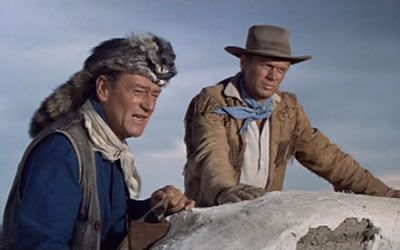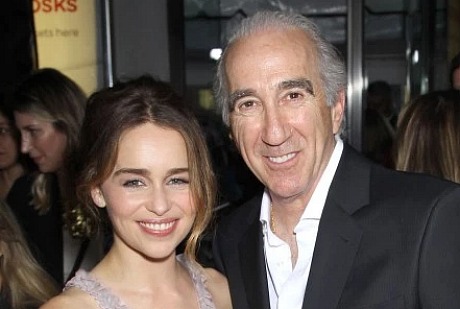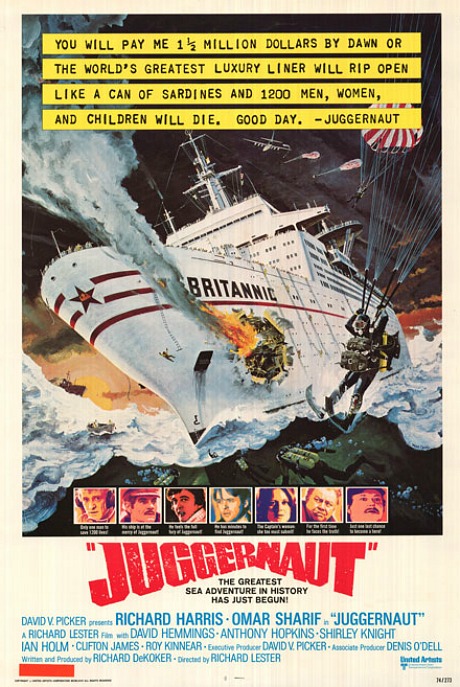Never rat another guy out when it comes to women. To put it more formally, one of the most paramount ethical codes between adult males is that you can never spill the beans on a friend or acquaintance if his girlfriend or wife asks you to reveal the truth about whatever (i.e., usually his deep-down feelings or some past behavior that has come under question).
Determining the factual or emotional truth of things is something that only a couple can sort out for themselves. It’s not yours to get involved. If a guy is lying to his girlfriend or wife about some indiscretion or affair or saying anything out of earshot that might get him in trouble, it’s none of your damn business and you’re obliged to say nothing. Omerta.
The truth will out sooner or later, but even if it doesn’t guys are absolutely honor-bound to protect each other. I’ve never run into a single fellow in my life who would even think of questioning this.
Except for one. He was a cartoonist-illustrator, and his betrayal happened in Manhattan in ’80 or thereabouts. I’ll call him Bob. We’d met each other in ’79 by way of a fetching lady writer we both felt for and admired (I was the new boyfriend and he was an ex), and then we got to be actual friends.
At some point in the middle of ’80 (i.e., after I’d been dumped by the writer) I began a mild flirtation with an iconoclastic female cartoonist whom Bob also knew. Let’s call her Shary. She was a respected, highly gifted artist and pretty besides. By coincidence she and I realized one day that we had booked seats on the exact same flight to Los Angeles. A day or two later I mentioned to Bob that I’d love to indulge in a mile-high club thing with Shary. It was just a fantasy, a wisp of a notion that came to mind and that I gave voice to.
A day or two later I called Shary and immediately sensed a chill. “What’s wrong?,” I asked her. “Oh, nothing,” she said. “Except that you told Bob you’d like to fuck me on the airplane.”
That was it for Bob. Written off for life.
Me to Bob later that day: “What the fuck, man…you told her about a dopey little daydream that I shared with you? What’s wrong with you?” Bob hemmed and hawed and laughed a bit, but the bottom line is that he didn’t know or care about a code of honor that exists among all men, in all nations, towns and communities in every region of the world. Takes all sorts.
I’m actually still “friendly” with Bob in a sense (we’ve hung a couple of times over the last decade) but I’ve always looked at him askance since that fateful day.
Note: Bob passed three or four years ago. Sorry.




